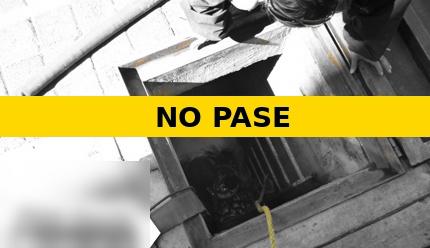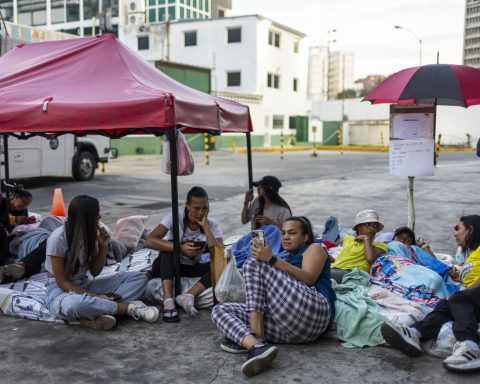In addition to this, the three main distributors of medical supplies in the country were vetoed: Grufesa, Dimesa and Maypo, due to accusations of alleged corruption and monopolistic practices.
The lack of strategic planning in the implementation of these new processes and the questionable experience of the new decision makers led to failures in the processes of awarding and distributing medicines, which generated high rates of shortages and deserted keys.
In this regard, the Zero Shortage Collective and the Pharmaceutical Institute (INEFAM) point out that there was an increase of 188% in the number of shortage reports between the first and second quarters of 2021, ranking it as the worst year in drug supply in history. from the country. Additionally, 59.9% of the keys requested during 2021 were declared void.
The shortage has occurred mainly in highly specialized drugs, such as cancer, HIV, cardiovascular and transplant treatments, a situation that affects both patients and vulnerable groups as well as health professionals, who face harsh working conditions.
Consequently, the government was forced to make emergency purchases to try to guarantee supply, which led to an increase in the use of direct award contracts, in order to reduce delivery times, replacing the bidding processes.
Data from Zero Impunity and Fair Justice reveal that drug and pharmaceutical product contracts were the concept with the highest amount of direct awards within public purchases in 2021, with 91.5% of contracts under this scheme.
The objective of the institutions is to acquire goods of the highest quality at the lowest possible price, so the substitution of bidding processes for direct awards in the purchase of medicines incurs the following risks:
1) reduction in supplier participation and competition;
2) impact on the quality, effectiveness and price of the inputs purchased; and
3) greater opacity and discretion in purchasing processes.
Not using bidding processes and previous market studies reduces the possibility of obtaining more competitive prices. This is what INEFAM points out, reporting that the increase in costs for direct awards is at least 20%. Similarly, the criteria for selecting medicines are not necessarily based on the effectiveness and quality of the products, but on external and volatile factors such as the immediate availability of supplies or proximity, access and influence with buyers.
In addition to cost overruns, the lack of transparency is worrying, since the use of direct awards increases discretion in decision-making, increases the opacity of processes, opens channels that foster corruption, and creates windows of opportunity and incentives for behavior illicit, both of public officials and suppliers.
















